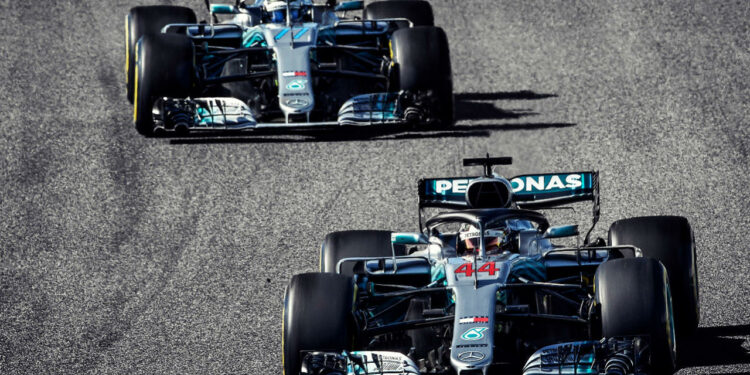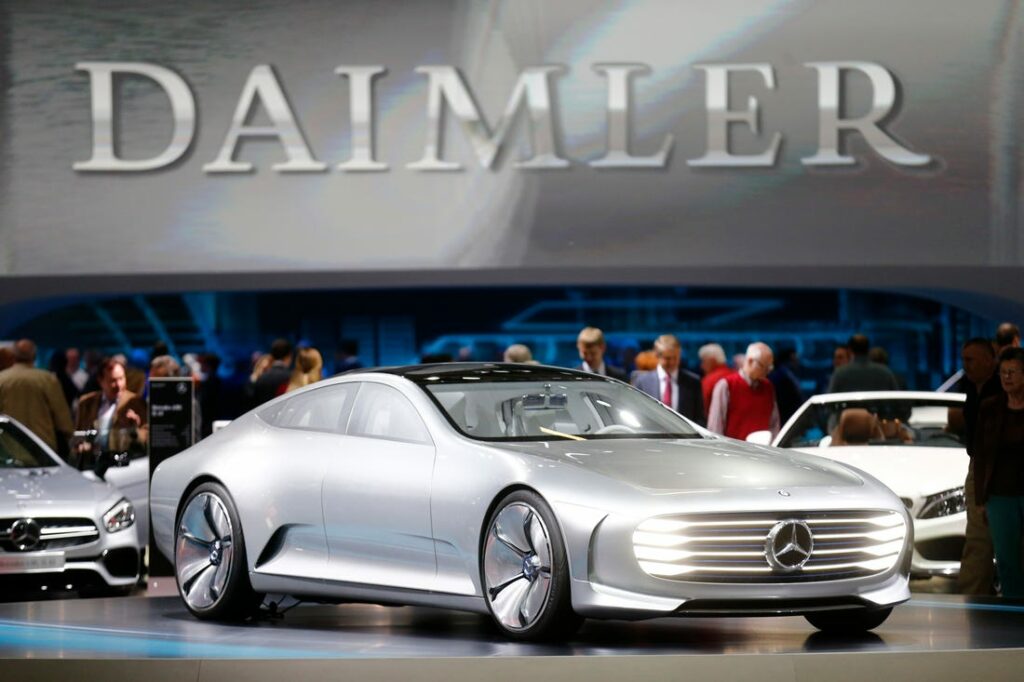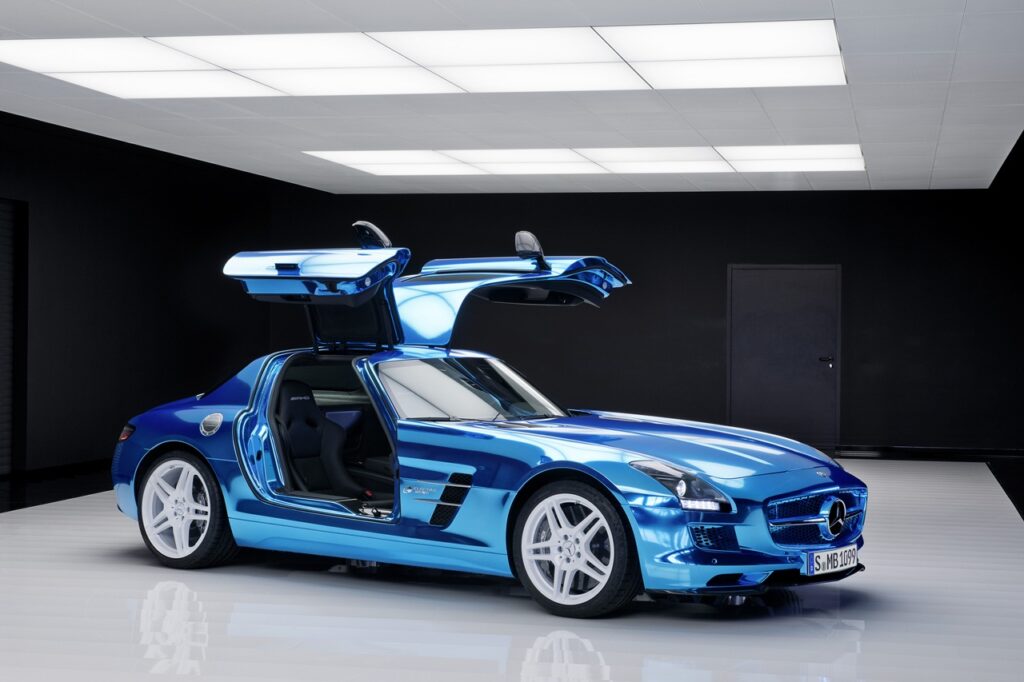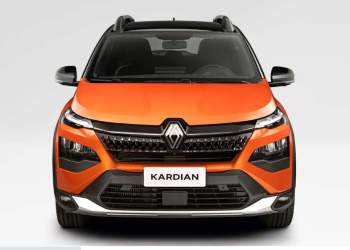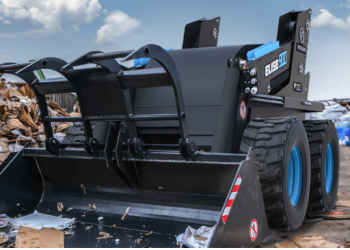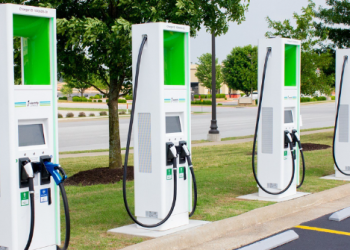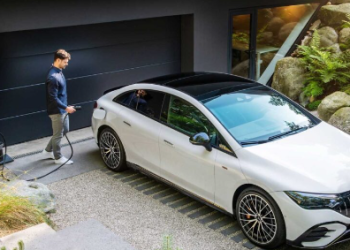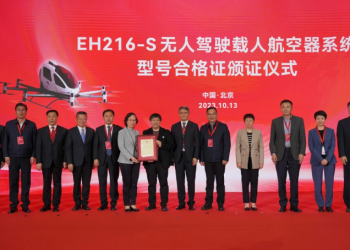Automakers are fundamentally rethinking motorsports for the electric age. Even the Mercedes team, which dominates the highest category of world motorsport, is looking for new horizons.
Mercedes-Benz has won the last seven Formula 1 (F1) championships, but its parent company, Daimler, is reducing its participation in the team. While F1 remains valuable from an image perspective, Daimler can now get more out of its marketing investment, while the racing unit also pushes to increase its own revenue outside of international tracks.
Sales boost
The team plans to sell more engineering services to external clients. By leveraging its expertise in optimizing aerodynamics and engine efficiency, as well as processing complex data, the Brackley, England-based company aims to triple revenue in its applied science unit to 100 million pounds sterling (135 million dollars) by 2025.
The entire organization is boosting its profitability in two years, CEO Toto Wolff said in a report by the Bloomberg news agency.
“In Formula One it’s all about speed of delivery, and our speed of delivery of technical solutions that are both competitive as well as safe is something that can be applied across a wide range of areas,” Wolff said in an interview.
Mercedes is one of the most successful racing organizations in the world. Its star driver, Lewis Hamilton, has won six F1 championships since 2014. The domain faces a new test when cost caps go into effect to revive competition and make the grand prix more sustainable.
Honda Motor Co. said in October that they will leave F1 at the end of the 2021 season, while Volkswagen AG’s BMW AG and Volkswagen AG’s Audi have announced that they will be leaving Formula E electric motor racing. The VW brand is ending all sports activities and reassigning employees to work on building the largest battery-powered fleet in the industry.
Powerful supercar
In addition to outside sales efforts, the Mercedes F1 team has deepened collaboration with the performance car division to reinforce fully or partially electric sports car offerings.
The three years that have passed since Mercedes showed off the last car, a two-seater that boasts more than 1,000 horsepower, suggests that there are reasons no other automaker has tried to plug an F1 powertrain into a vehicle for public streets.
Porsche AG and Toyota Motor Corp. have used racing to test technology for road vehicles, but the transfer of knowledge was mainly focused on areas such as turbocharged engines or electric power recovery in hybrid systems.
Adapting sophisticated F1 components like the exhaust gas turbocharger and adjusting the noise vibration to levels that don’t pierce the eardrums is costly. Still, it’s worth the effort, said Jochen Hermann, AMG’s chief technology officer.
In the electric vehicle sector, traditional manufacturers have taken it easier than startups like Tesla. There are undoubtedly interesting bets and proof of this is Volkswagen with its ID.3 and ID.4 for example. However, other classics such as Mercedes-Benz have been a bit behind. They plan to fix that by launching a total of six new electric cars in the short term.
Daimler, the parent company behind Mercedes-Benz, has announced what the roadmap is for the brand’s electric vehicles. To date we have seen more concepts (spectacular, it must be said) than final and mass-manufactured products. But this looks set to change. Thanks to a new scalable architecture, the manufacturer hopes to be able to adapt production to the needs of each moment.



